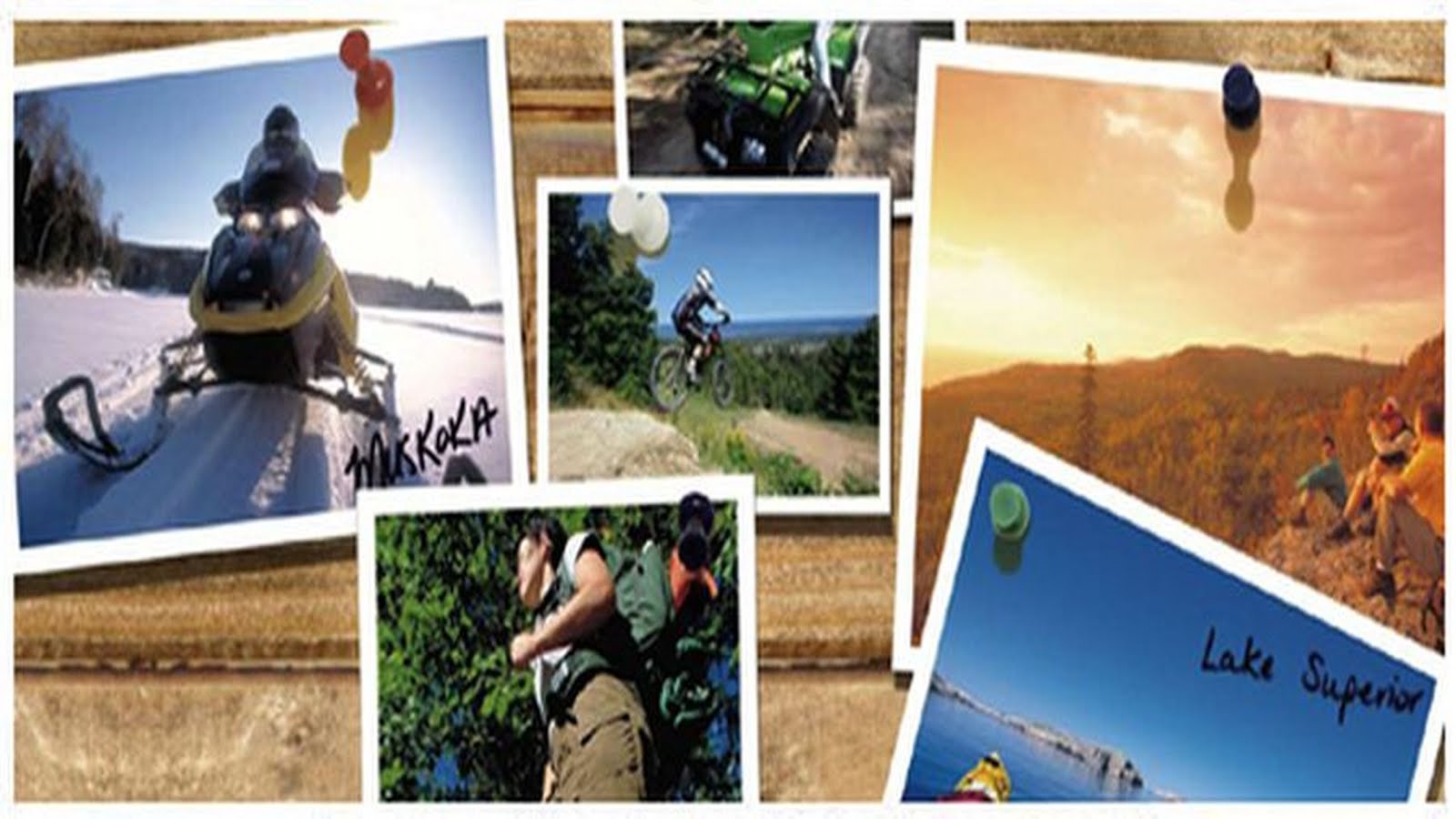MISINFORMATION ABOUT TRAIL EASEMENTS

Erroneous information about two Bills that are before the Ontario Legislature has been recently circulated to various media (including the Ontario Farmer weekly newspaper) by the Ontario Landowners Association (OLA), a group committed to the cause of property rights in rural areas. This misinformation, if not corrected, stands as a threat to all types of trails on private land throughout Ontario.
In spring 2015, Michael Coteau, Minister of Tourism, Culture and Sport, put an Ontario Trails Act out for review. An internet search for “Bill 100 Ontario” will bring up the text of the proposed Act. Amongst the various provisions of the Act, Section 12 (Easements) gives a new ability to landowners and incorporated trail groups to mutually and voluntarily enter into easements to secure the route of the trail and to limit what kinds of use are permitted on it. Section 12(3) entitled “Granting of Easements” states “An owner of land may grant an easement….,” clearly indicating a voluntary choice on the part of the owner. The OLA’s deliberate misrepresentation says instead thatthe passage of the legislation would force easements onto all owners with existing footpaths and snowmobile trails. This misrepresentation has already resulted in the closure of 10 snowmobile trails in Muskoka and threats of closure to long standing portions of the Thames Valley Trail.
In response to this misinformation, and to concerns raised by the Ontario Trails Council (OTC), Minister Coteau issued a statement on Feb. 10 on the easements component of his legislation. His statement that makes it quite clear that easements are voluntary.
The OTC also issued a detailed press release which can be seen on their website, which also makes it plain that any easements under the legislation puts the power of decision into the hands of the landowner.
Secondarily, an Opposition MPP had introduced a private members’ Bill 118 that clarifies an existing right of the public to walk below the high water mark on most shores of the Great Lakes and their “connecting channels,” such as the Detroit and Niagara Rivers. On Jan. 1, the OLA’s website erred and misrepresented this term to mean that the Government would give the public the right to walk or ride inland along the bank of every single watercourse draining into the Great Lakes. (Incidentally, private members’ bills are rarely supported in the Legislature by the Government and instead “die on the order paper.”)
I have tremendous respect for the generosity of rural land owners who allow trails to cross their property. I can understand their mistrust of the provincial government when the farm subsidy on diesel fuel is removed, wind farms are erected over local objections, and some government policies seem to be directed to satisfy urban areas.
Trail associations (whose very existence is dependent on the generosity of farmers and other rural landowners), insure the trails to protect the owners, and inspect and maintain them for the best experience of the users and to deal with any safety issues. The truth about trails is that they actually enhance the property value of lands they cross, on resale. They also enhance the quality of life for all Ontarians who enjoy a walk in the woods or a snowmobile ride.
All trail organizations and local clubs need to clearly refute the misinformation, communicate clearly and often with landowners and stand beside them to advocate for their rights.
Hike Ontario and its’ partners, the Ontario Trails Council and its members, have over many years lobbied the Ontario Government for a property tax credit to recognize all landowners who have for many years granted permission for what are really “health-building” footpaths to cross their land. The Province gives property tax breaks or subsidies for managed forests, conservation lands, farmland, and outlet and tile drains. Why not recognize our landowners for the health-building benefit that their footpaths are providing to our citizens? I believe that it only makes common sense for the Province to recognize landowners for the very large benefit that they are providing to reduce costs (and our taxes) to our health care system by allowing footpaths through their lands. And in so doing, and with other forms of landowner recognitions, the Province could remedy the damage recently done by OLA-generated misinformation and guard against the loss of access to private land for footpaths and other types of trails.
We, and the OTC, seek out a meeting with the OLA that would allow us to move forward with a shared agenda that reflects the real needs of rural Ontario, and that sorts out what are, and what are not, the needs and the useful initiatives from the Province on trails and footpaths.
Tom Friesen,
President, Hike Ontario







